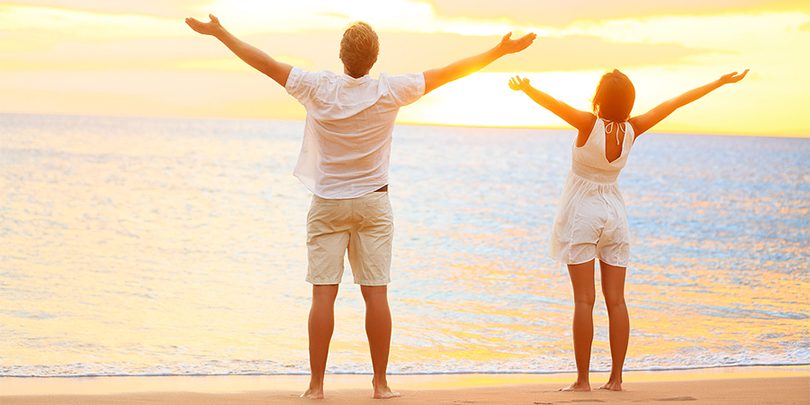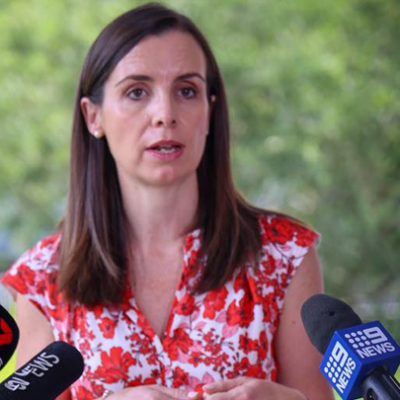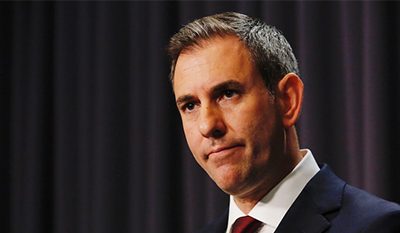
The personal wellbeing of young Australians has dipped, while city-dwellers were less likely to be satisfied with personal relationships than those in rural areas, new research has revealed. Source: The Age.
These are among findings of the Australian Unity Wellbeing Index for 2025, released this week.
For 25 years, health company Australian Unity and Deakin University have been tracking how Australians feel about their personal lives and life in the nation. Their latest report – the largest to date – surveyed 10,000 Australians and provides detailed insight into wellbeing scores in each electorate.
The survey considered personal wellbeing (satisfaction with areas including personal relationships, health and community connectedness) and national wellbeing (satisfaction with life as a whole and across areas including economy, government and social conditions).
Lead researcher Kate Lycett, a senior research fellow at Deakin University, says the biggest takeaway from the report is that “location matters for wellbeing”.
“We really hope that these findings can drive place-based investments to improve wellbeing in areas that need it.”
One of the starkest divides in findings was between regional and urban areas. Those living in capital cities were far more likely to score higher in terms of national wellbeing compared with those in the regions.
Conversely, city-dwellers scored lower than their rural counterparts for satisfaction with personal relationships, which Dr Lycett suggests may be due to a greater proportion of older residents living rurally and a greater emphasis on community in these areas.
As a whole, national wellbeing rose compared with 2024, while personal wellbeing remained steady.
Dr Lycett posits the survey’s timing – a month after the federal election – may be a reason for this.
“People may have been feeling more optimistic about national life in Australia. We’d also just had two long-awaited interest rate cuts in February and May. So that may have been contributing to people feeling a bit more optimistic about the economy and business and life in Australia.”
Dr Lycett hopes the report’s breakdown by electorate will provide a road map for policymakers. Key areas include standard of living, health and addressing wealth inequities.
FULL STORY
Australia is losing its ‘smile’, and young people are the key (By Lauren Ironmonger, The Age)





